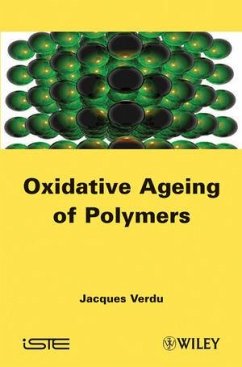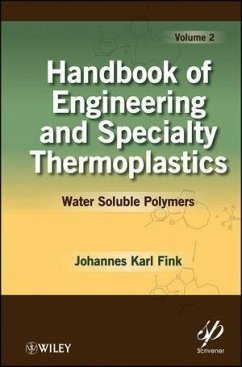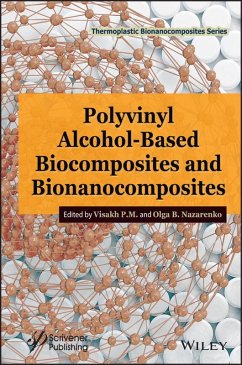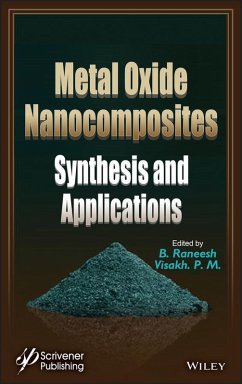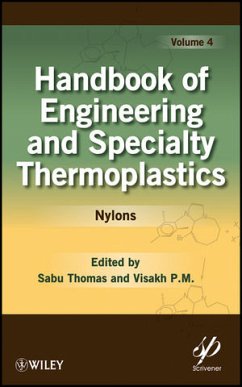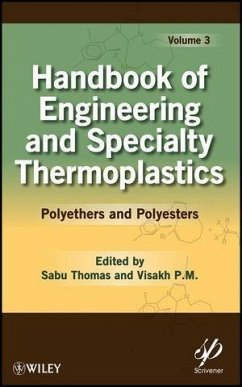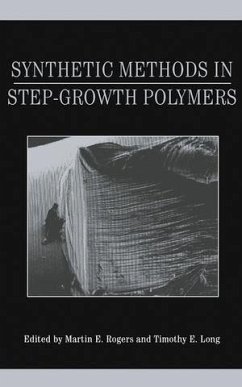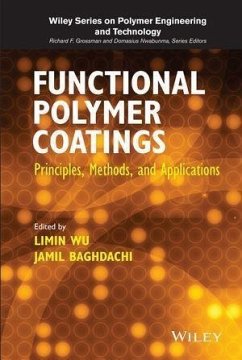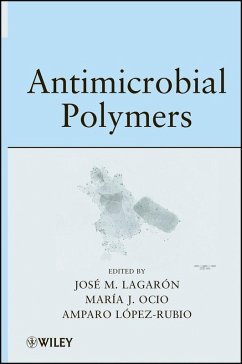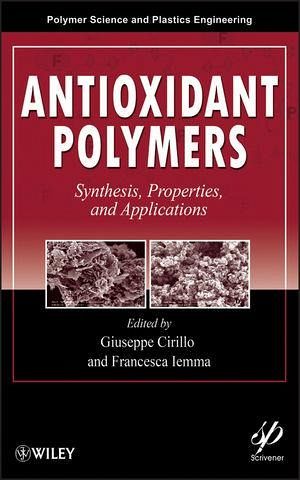
Antioxidant Polymers (eBook, PDF)
Synthesis, Properties, and Applications
Redaktion: Cirilo, Giuseppe; Iemma, Francesca
Versandkostenfrei!
Sofort per Download lieferbar
193,99 €
inkl. MwSt.
Weitere Ausgaben:

PAYBACK Punkte
0 °P sammeln!
Antioxidant Polymers is an exhaustive overview of the recent developments in the field of polymeric materials showing antioxidant properties. This research area has grown rapidly in the last decade because antioxidant polymers have wide industry applications ranging from materials science to biomedical, pharmaceuticals and cosmetics.
Dieser Download kann aus rechtlichen Gründen nur mit Rechnungsadresse in A, B, BG, CY, CZ, D, DK, EW, E, FIN, F, GR, HR, H, IRL, I, LT, L, LR, M, NL, PL, P, R, S, SLO, SK ausgeliefert werden.





